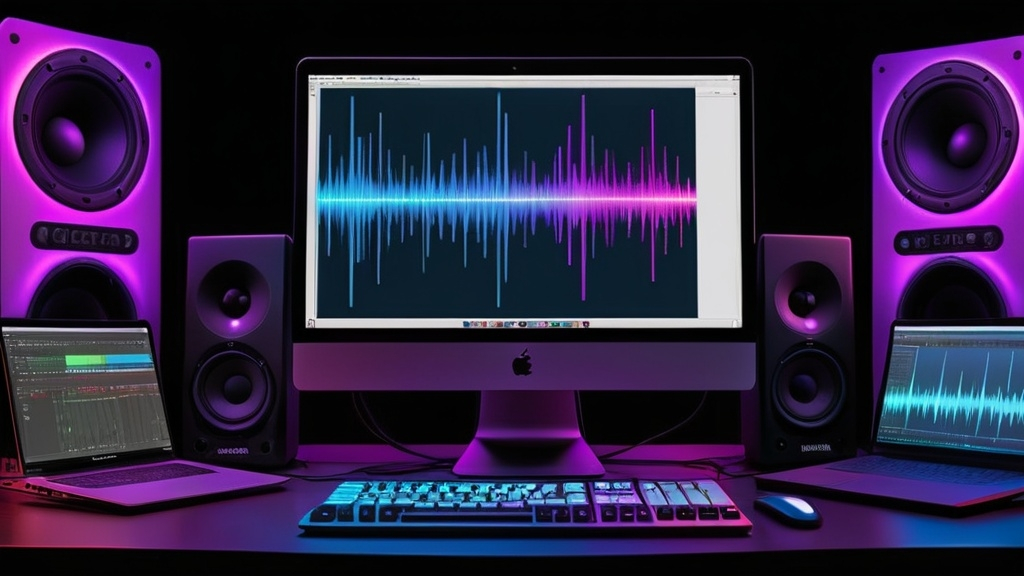
Revolutionize Your Sound: Top Open-Source Software That Beats Expensive Audio Tools!
Whether you're an aspiring musician, a podcaster, or a sound engineer, high-quality audio processing tools are essential. While many turn to expensive software to get the job done, there's a world of powerful open-source solutions that can deliver professional-grade results—all for free! Here’s a list of the best open-source tools to help you transform your audio and streamline your workflow.
1. Audacity
Audacity is one of the most popular open-source audio editing programs available, and it’s a favorite among both beginners and pros. It offers multi-track editing, recording, and a wide range of effects.
Key Features:
- Cross-platform: Available on Windows, macOS, and Linux.
- Supports various file formats including WAV, MP3, FLAC, and OGG.
- Noise reduction, equalization, and normalization effects.
- Plugin support (LADSPA, VST, and more).
Audacity is perfect for tasks like cutting, mixing, and adding effects to your audio tracks. Whether you need to produce podcasts, voiceovers, or even music, Audacity is a top-tier choice that won’t cost you a penny.
2. Ardour
Ardour is a full-featured Digital Audio Workstation (DAW) built with professionals in mind. It’s used for recording, editing, and mixing sound, making it a perfect tool for those who work with complex audio projects.
Key Features:
- Multi-track recording with support for unlimited audio and MIDI tracks.
- Non-destructive editing with unlimited undo/redo.
- Powerful mixing features with support for various plugins (LADSPA, LV2, VST).
- Compatible with most major audio interfaces.
Ardour’s robust feature set makes it ideal for professional sound engineers who need extensive control over their projects.
3. LMMS (Linux MultiMedia Studio)
LMMS is a free digital audio workstation aimed at music producers. It lets you create, edit, and produce music with an intuitive interface, suitable for both beginners and experts.
Key Features:
- Built-in instruments and synthesizers like 3xOsc, SF2 Player, and ZynAddSubFX.
- Piano roll editor for precise MIDI note editing.
- VST plugin support and cross-platform functionality.
- Includes a beat and bassline editor for producing rhythmic patterns.
LMMS is particularly useful for electronic music producers who need a powerful, free platform to create and mix tracks from scratch.
4. Qtractor
Qtractor is a Linux-based digital audio workstation designed for musicians and sound designers. It provides advanced audio and MIDI multi-track sequencing with support for plugin effects and automation.
Key Features:
- Multi-track audio and MIDI sequencing.
- JACK Audio Connection Kit for low-latency performance.
- Support for LADSPA, DSSI, and LV2 plugins.
- Flexible audio routing and recording options.
If you’re looking for a light yet powerful DAW that operates smoothly in Linux, Qtractor should be on your radar.
5. SoX (Sound eXchange)
SoX is a command-line based sound processing tool that is surprisingly versatile. It can convert, manipulate, and apply effects to sound files, making it ideal for batch processing and audio manipulation for advanced users.
Key Features:
- Supports numerous audio file formats.
- Apply effects like fade, reverb, and pitch shift.
- Batch processing for large-scale audio editing.
- Available for Windows, macOS, and Linux.
Though it lacks a GUI, SoX is incredibly powerful for users comfortable with the command line, offering precise control over audio processing tasks.
6. Hydrogen
Hydrogen is a professional-grade drum machine program. It’s open-source and offers a powerful yet easy-to-use platform for creating drum sequences, making it a great tool for musicians and producers alike.
Key Features:
- Pattern-based drum sequencing.
- Multi-layer instrument support.
- Advanced editing with real-time effects.
- Support for different audio engines including JACK and ALSA.
For producers looking to craft intricate drum patterns, Hydrogen delivers a rich set of features with minimal hassle.
7. Mixxx
Mixxx is an open-source DJ software that offers a wide array of features for live mixing, including BPM detection, vinyl emulation, and hot cue support.
Key Features:
- Cross-platform support for Windows, macOS, and Linux.
- Built-in sound effects, EQs, and BPM synchronization.
- Supports various hardware controllers.
- Vinyl control, timecode support, and live streaming options.
Mixxx is ideal for DJs who want a free yet comprehensive solution for mixing tracks during live performances or recording sessions.
Conclusion
The world of sound processing doesn’t have to be expensive. These open-source software solutions provide powerful, professional-grade tools that can help you edit, mix, and master your audio projects. From full-featured digital audio workstations like Ardour to simple yet effective tools like Audacity, these free options give you everything you need to produce top-quality sound.
So, why pay for expensive software when you can get the job done with these free tools? Start exploring the power of open-source sound processing today!

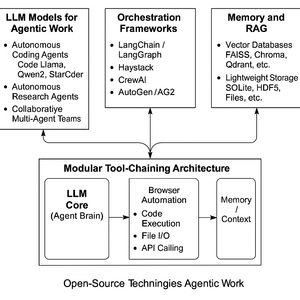
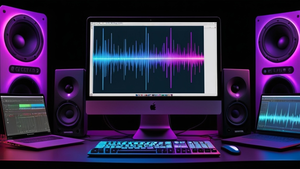
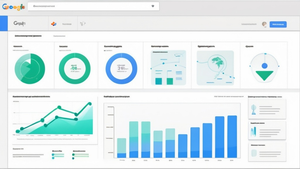

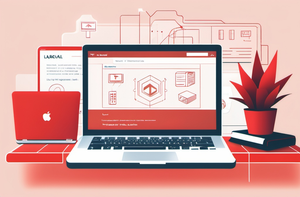

Comments